
Table of Contents
The rise of private AI assistants is transforming the business world, offering tailored solutions to streamline workflows, enhance productivity, and save valuable time. Whether you're managing complex projects or handling repetitive tasks, personal AI assistants are now smarter and more efficient than ever. From AI-powered writing tools to advanced workflow-specific solutions, these assistants are empowering professionals to work smarter, not harder.
Different Types of Private AI-Powered Assistants
Private AI-powered assistants come in many forms, each designed to cater to specific business needs. Whether you're looking to streamline workflows, enhance communication, or boost productivity, these AI assistants offer tailored solutions. Below, we delve deeper into the different types of AI personal assistants for business, their features, and how they can elevate your workplace efficiency.
1. AI Writing Assistants
AI writing assistants are designed to tackle content-related tasks, making them indispensable for marketers, writers, and professionals who create reports, emails, or presentations.
Features and Capabilities: These tools can draft, edit, and optimize text for different purposes. They provide grammar and spelling corrections, offer suggestions for improving tone and style, and generate original content. Advanced AI tools for writing like Jasper or TextCortex go a step further, helping users create SEO-optimized blog posts, ad copy, and even scripts tailored to specific audiences.
Use Cases:
- Marketers creating promotional materials.
- Business executives drafting reports or presentations.
- Teams generating quick responses to emails or customer inquiries.
Benefits:
- Saves hours spent on repetitive writing tasks.
- Enhances the quality and professionalism of content.
- Ensures consistency in tone and branding.
2. AI Project Assistants
AI project assistants specialize in managing tasks, projects, and workflows. These tools are essential for teams looking to improve coordination and ensure timely delivery of objectives.
Features and Capabilities: Tools like Motion and ClickUp automate scheduling, track task progress, and generate detailed project reports. Many offer features like Gantt charts, Kanban boards, and integrations with popular software like Slack or Google Workspace.
Use Cases:
- Managing deadlines for marketing campaigns or product launches.
- Assigning tasks and monitoring team performance.
- Automating repetitive project management processes, such as sending reminders or updating stakeholders.
Benefits:
- Increases visibility into project timelines and workloads.
- Reduces miscommunication and overlaps in responsibilities.
- Boosts team productivity by automating time-consuming processes.
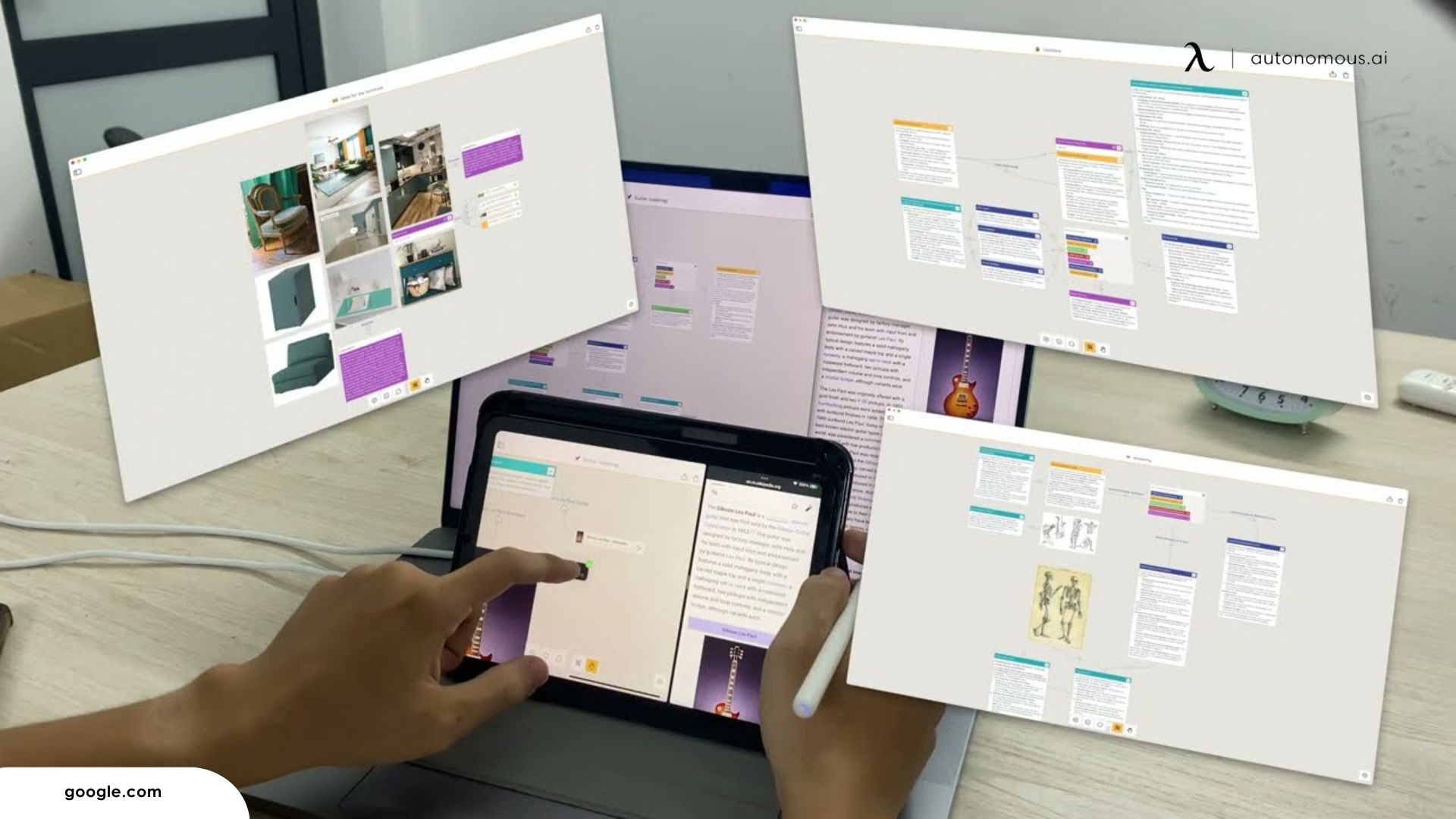
3. AI Voice Assistants
AI voice assistants like Alexa and Bixby are changing how professionals interact with technology. By enabling hands-free operations, they provide convenience and efficiency, especially in multitasking scenarios.
Features and Capabilities:
- Recognize voice commands to perform tasks like setting reminders, scheduling appointments, or controlling smart office devices.
- Provide real-time answers to questions and conduct quick internet searches.
- Integrate with calendars, task management apps, and other business tools.
Use Cases:
- Executives managing busy schedules with voice-activated reminders.
- Hands-free navigation of tools during presentations or meetings.
- Controlling office environments, such as lighting or temperature, through smart integrations.
Benefits:
- Enhances productivity by eliminating the need to interact manually with devices.
- Facilitates multitasking, especially in fast-paced environments.
- Offers accessibility for users with physical limitations or those on the go.
4. AI Virtual Assistants
AI virtual assistants are versatile tools designed to support a wide range of tasks, from managing personal schedules to assisting with business operations. They are often a blend of voice and text capabilities, making them highly adaptable.
Features and Capabilities: Tools like Google Assistant handle everything from managing emails and calendars to summarizing large datasets. They can conduct customer interactions, retrieve information, and even translate languages.
Use Cases:
- Small businesses automating customer service inquiries.
- Individuals juggling multiple responsibilities needing help prioritizing tasks.
- Teams conducting research and data analysis with quick summaries.
Benefits:
- Saves time by automating administrative tasks.
- Enhances accuracy and efficiency in data handling.
- Offers seamless integration with other digital tools for streamlined operations.

5. Workflow-Specific AI Assistants
These assistants are tailored to meet the needs of specific business workflows or industries. They provide niche solutions that are invaluable for specialized tasks.
Features and Capabilities: Examples include AI tools for finance that automate bookkeeping and expense tracking, HR assistants that streamline talent acquisition, or marketing assistants that generate campaign analytics.
Use Cases:
- Finance departments automating payroll processes and invoice management.
- HR teams simplify recruitment through AI-driven resume analysis.
- Marketing teams gaining insights into campaign performance using predictive analytics.
Benefits:
- Delivers industry-specific insights and automation.
- Reduces workload by handling repetitive, detail-oriented tasks.
- Improves decision-making with data-driven suggestions.
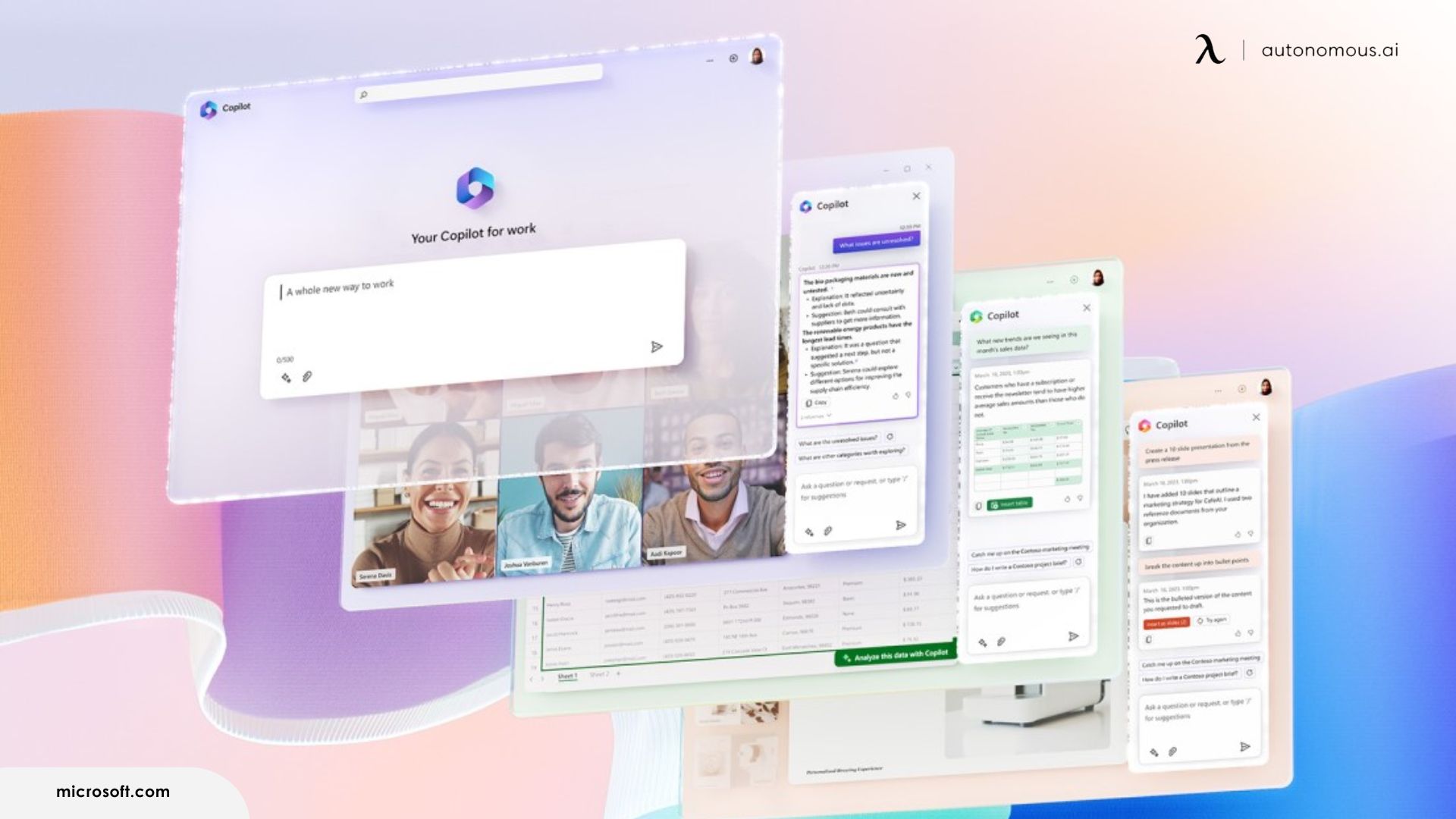
6. Capacity Building Assistants
Capacity building assistants focus on professional development, making them ideal for businesses investing in employee training and skill enhancement.
Features and Capabilities: These assistants curate personalized training materials, suggest career development pathways, and track individual or team progress. They may also provide feedback and recommendations to help employees meet performance goals.
Use Cases:
- Corporations offering structured training programs for new hires.
- Managers assessing team members' progress and identifying skill gaps.
- Employees seeking to learn new tools or technologies efficiently.
Benefits:
- Encourages a culture of continuous learning and growth.
- Streamlines the onboarding process for new employees.
- Tracks ROI on training investments with measurable performance improvements.

The Power of Private AI Assistants in Business
Integrating private AI assistants into your workflow has far-reaching benefits:
1. Enhanced Productivity
AI assistants handle repetitive and time-consuming tasks, allowing professionals to focus on strategic work. For example, an AI email writer can draft emails while a project assistant automates team scheduling.
2. Cost Efficiency
Replacing or supplementing human effort with best AI tools reduces overhead costs. AI assistants don’t require salaries, benefits, or extensive training, making them a cost-effective solution for businesses.
3. Improved Decision-Making
AI-powered analytics assist leaders in making informed decisions by analyzing large datasets quickly and accurately. Virtual personal assistant AI tools can summarize insights, highlight trends, and recommend actions.
4. Streamlined Communication
AI assistants like Alexa and Google Assistant ensure seamless communication by integrating with team tools, scheduling meetings, and automating reminders.
5. Scalability
As businesses grow, private AI can adapt to handle increased workloads without compromising efficiency. They offer scalability that manual processes often lack.
6. Data Security and Privacy
Private AI assistants, particularly those designed for business use, prioritize data encryption and privacy, ensuring sensitive company information remains secure.

How to Use AI as a Private Assistant at Work
Maximizing the benefits of AI personal assistants requires strategic implementation:
- Identify Needs: Determine which business functions can benefit from automation or AI-driven support.
- Choose the Right Tool: Select a private AI assistant suited to your industry and workflow requirements.
- Integrate with Existing Tools: Ensure your AI assistant seamlessly integrates with tools like calendars, email platforms, and project management software.
- Train Your Team: Familiarize employees with the AI tool to ensure smooth adoption and effective use.
- Regularly Evaluate: Assess the assistant’s performance and tweak its settings for optimal results.
Finding the Best Private AI Assistants
Selecting the right private AI assistant for your business needs can be transformative, helping you streamline workflows, enhance productivity, and stay ahead in a competitive landscape. With a plethora of AI personal assistants available, understanding their features, strengths, and limitations is key to making an informed choice. Below, we dive into some of the top options, offering a comprehensive look at their capabilities to help you find the best fit.
1. Motion
Motion is a powerhouse for project management and scheduling, making it one of the most effective AI project assistants for businesses managing multiple priorities.
Key Features:
- Advanced scheduling tools that automatically prioritize tasks based on deadlines and importance.
- Task management capabilities that allow users to delegate responsibilities, track progress, and adjust workflows dynamically.
- Integration with tools like Google Calendar and Outlook for seamless scheduling.
Ideal For: Businesses and individuals who need help organizing their daily tasks and long-term projects, especially those juggling overlapping deadlines.
Why It Stands Out: Its AI-driven time-blocking system helps users focus on high-priority tasks, boosting productivity and reducing stress.
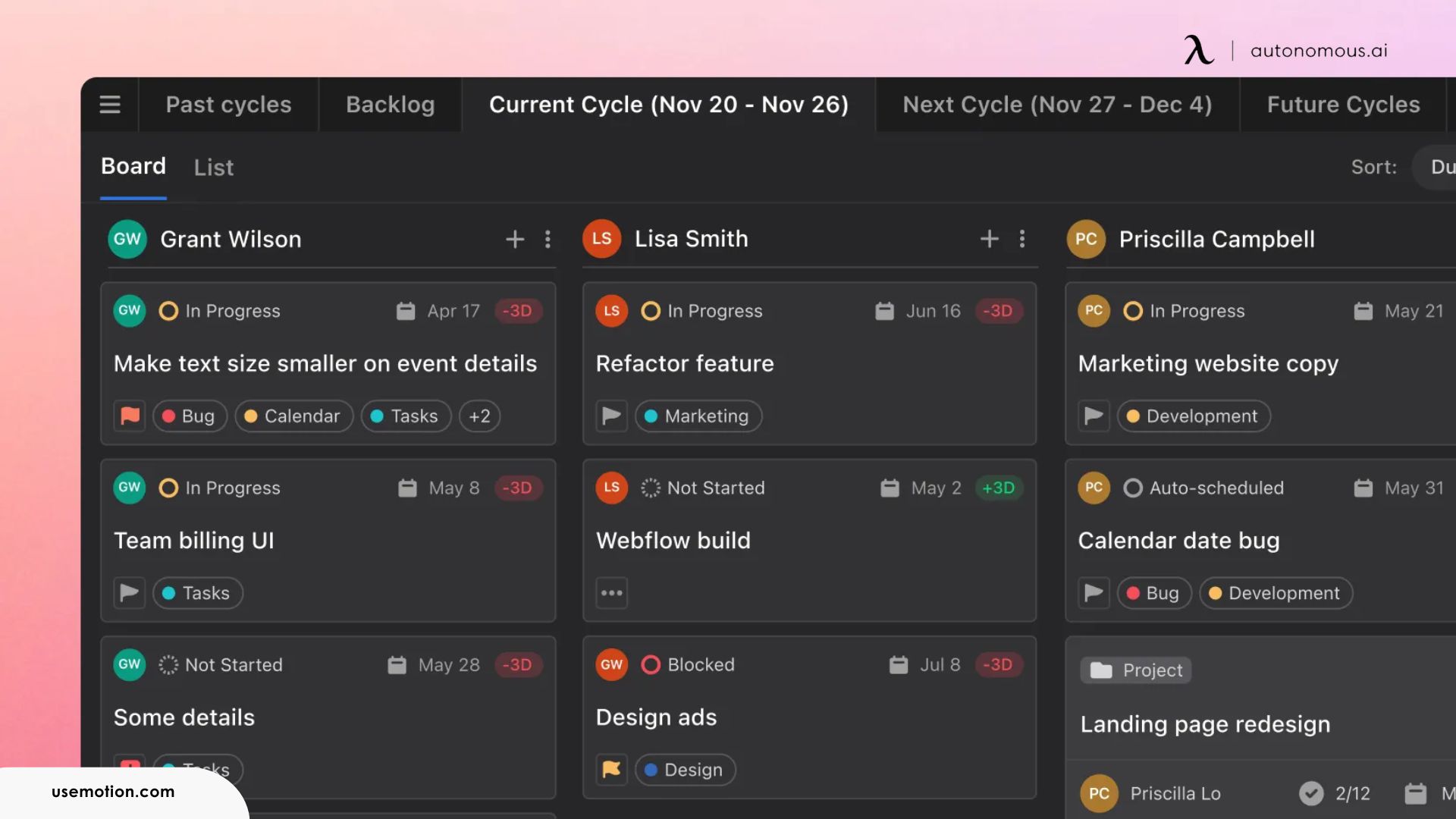
2. ClickUp
ClickUp is a versatile AI project and task management assistant that adapts to teams of all sizes, offering robust features to handle complex workflows.
Key Features:
- Customizable dashboards for tracking team performance, project milestones, and deadlines.
- Collaborative tools like real-time chat, document sharing, and task comments.
- AI-powered automation for recurring tasks, reminders, and follow-ups.
Ideal For: Teams that require a centralized platform for collaboration and task management, particularly in industries like tech, marketing, and product development.
Why It Stands Out: ClickUp's all-in-one approach eliminates the need for multiple tools, making it a cost-effective solution for businesses.
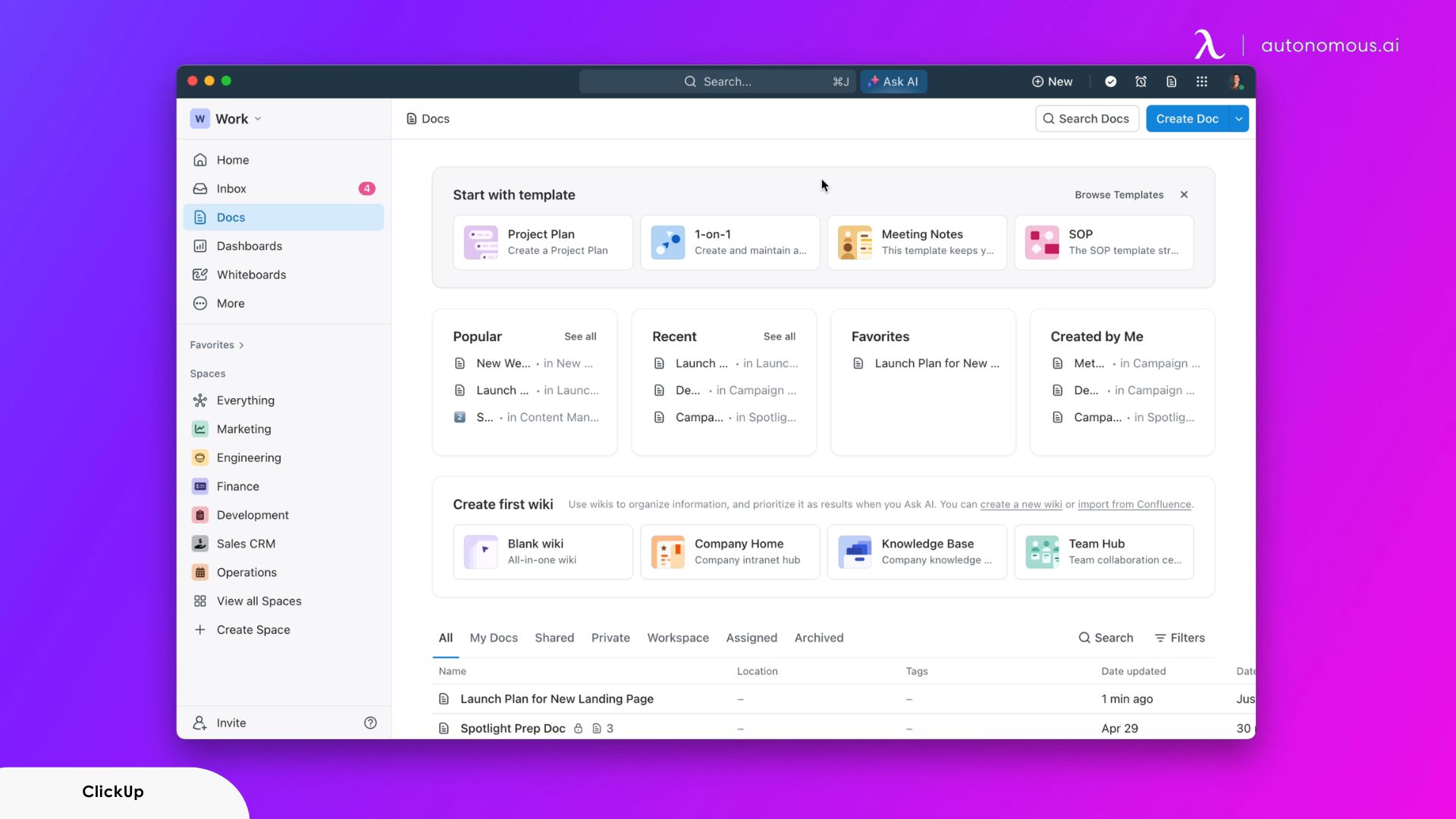
3. TextCortex
For professionals focused on content creation, TextCortex is a standout AI writing assistant that simplifies the process of generating, editing, and optimizing text.
Key Features:
- AI-driven text generation for blogs, emails, ad copy, and more.
- Context-aware suggestions for improving tone, grammar, and style.
- SEO optimization features that enhance visibility and engagement for online content.
Ideal For: Content marketers, copywriters, and small businesses looking to create professional-quality content without hiring additional staff.
Why It Stands Out: Its ability to produce creative, polished content quickly makes it invaluable for professionals with tight deadlines.

4. Alexa
Amazon’s Alexa is a widely used AI voice assistant that offers both personal and business functionality, making it a versatile tool for professionals.
Key Features:
- Voice-activated commands for setting reminders, scheduling meetings, and managing to-do lists.
- Integration with smart office devices, such as lighting and temperature controls.
- Ability to play music, answer questions, and provide news updates to keep users informed.
Ideal For: Entrepreneurs and business owners seeking hands-free assistance with everyday tasks and office automation.
Why It Stands Out: Its integration with the Amazon ecosystem and third-party tools makes Alexa a seamless part of any smart workspace.

5. Bixby
Samsung’s Bixby combines voice recognition with powerful automation capabilities, making it a strong contender among AI voice assistants.
Key Features:
- Deep integration with Samsung devices for effortless multitasking.
- Voice-activated features for sending messages, managing schedules, and controlling apps.
- AI-powered insights based on user preferences and habits.
Ideal For: Professionals already using Samsung devices who want a cohesive and intuitive assistant experience.
Why It Stands Out: Bixby’s ability to adapt to user behavior and preferences enhances productivity and personalization.

6. AnonAI
AnonAI is a privacy-first assistant that prioritizes security while delivering robust productivity features, making it a great choice for businesses handling sensitive data. With AnonAI, you can easily open private AI chat without worries of loss of data or personal information.
Key Features:
- Encryption for data storage and communication to ensure confidentiality.
- Customizable settings to meet the unique needs of privacy-conscious users.
Ideal For: Companies and professionals in industries like finance, healthcare, or law where data security is paramount.
Why It Stands Out: AnonAI’s focus on privacy sets it apart in a market dominated by general-purpose assistants.
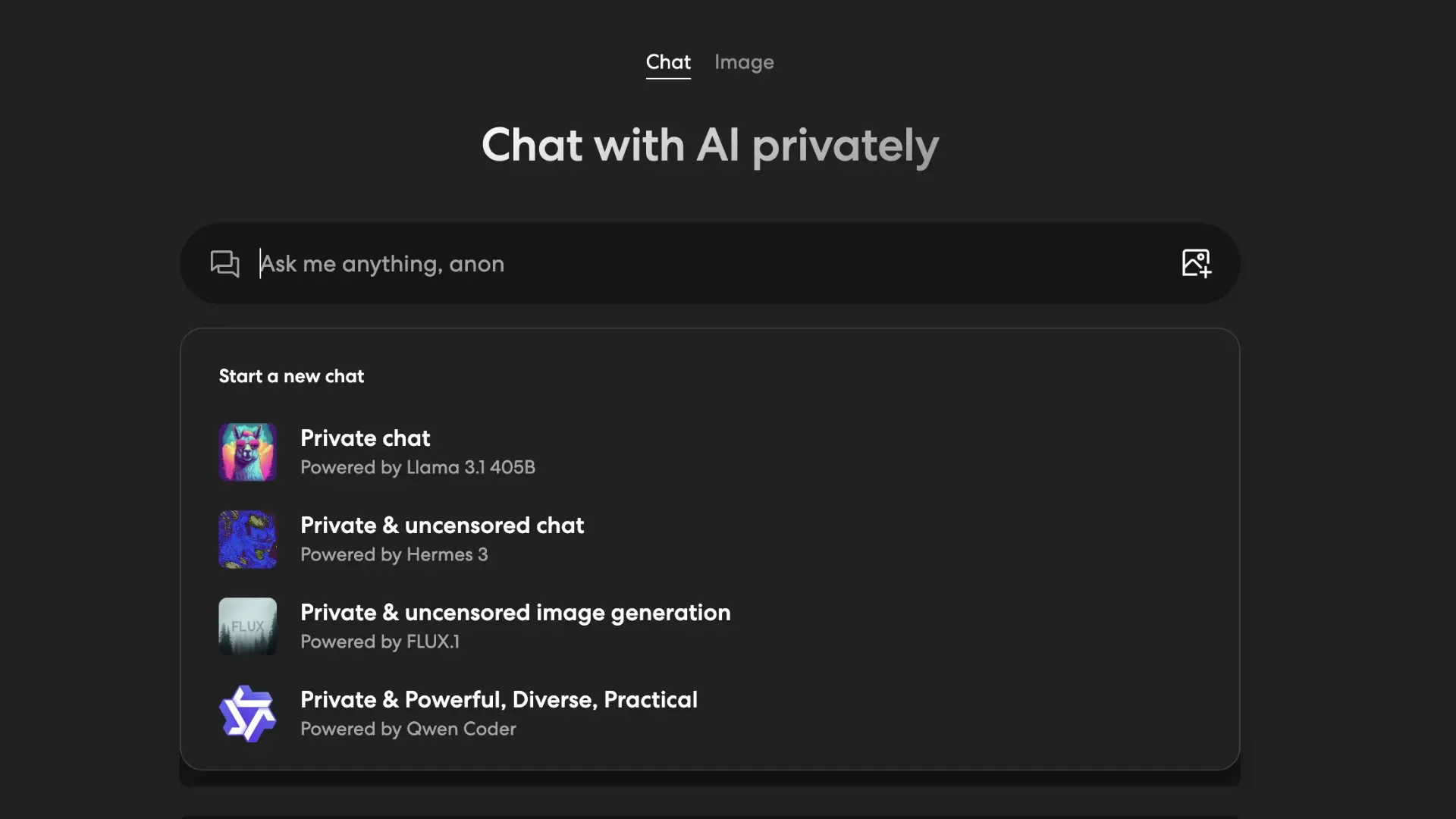
7. Google Assistant
Google Assistant is a versatile and powerful AI assistant that integrates seamlessly with Google’s ecosystem, making it a favorite for personal and professional use.
Key Features:
- Smart scheduling tools that sync with Google Calendar and Gmail.
- Advanced voice recognition for hands-free navigation and task management.
- Integration with third-party tools and devices for a comprehensive assistant experience.
Ideal For: Professionals who rely heavily on Google Workspace tools for communication, collaboration, and productivity.
Why It Stands Out: Its adaptability and extensive integrations make Google Assistant one of the smartest AI assistants available.
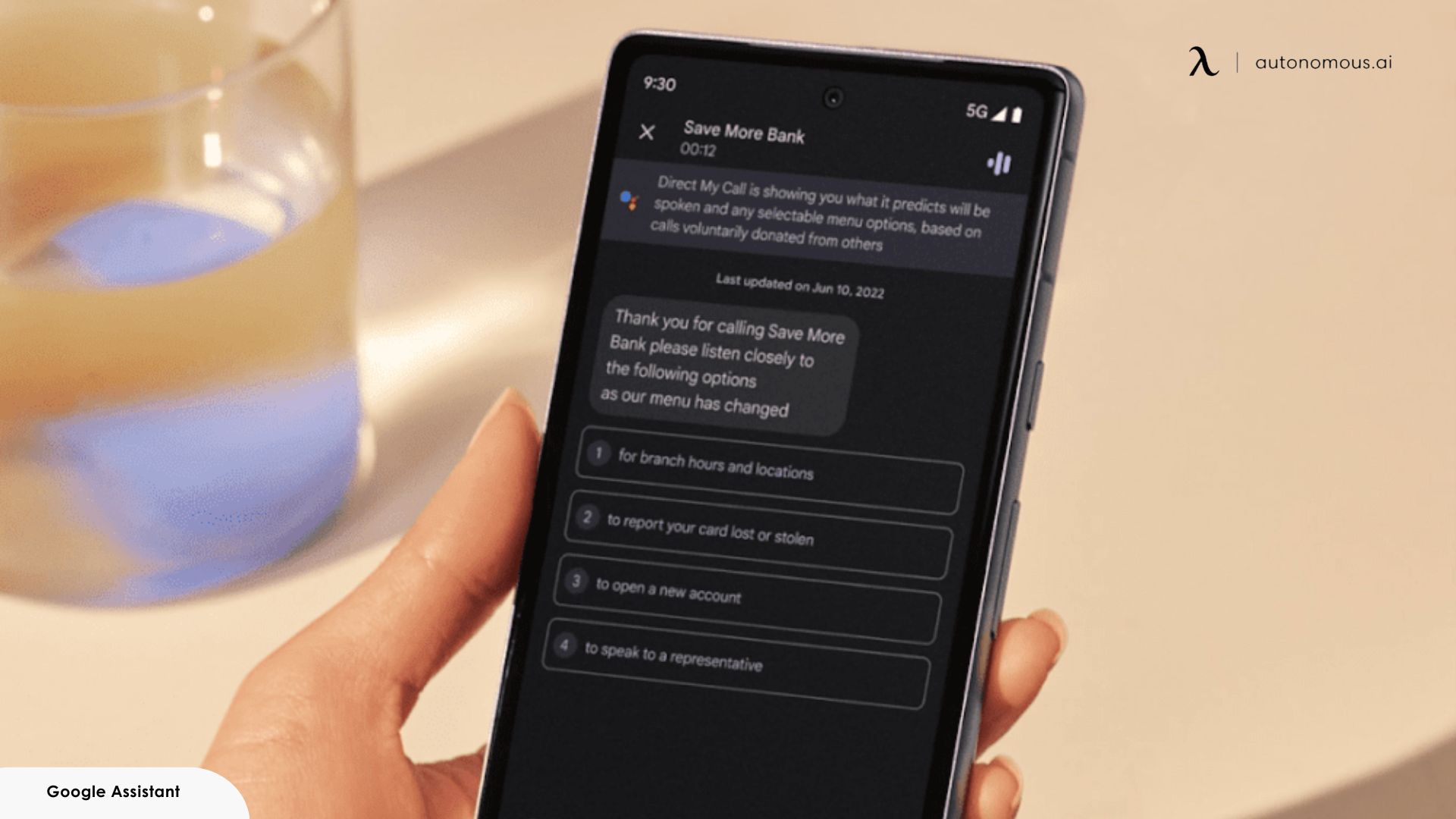
8. Jasper
Jasper is an AI writing assistant tailored for marketers, making it one of the best tools for creating high-quality, targeted content. It is also rated as one of the best AI tools for Marketing.
Key Features:
- Advanced AI capabilities for generating blog posts, ad copy, and social media content.
- Custom templates for different content types and industries.
- Collaboration features that allow teams to co-create and refine content.
Ideal For: Digital marketers, content creators, and businesses looking to scale their online presence.
Why It Stands Out: Jasper’s focus on SEO optimization and creative content generation ensures professional results every time.

How to Choose the Right AI Assistant
With so many options, choosing the right virtual personal assistant AI depends on your specific needs. Consider the following factors:
- Purpose: Identify whether you need an assistant for writing, project management, workflow automation, or general productivity.
- Integration: Ensure the assistant works seamlessly with your existing tools and devices.
- Security: For businesses handling sensitive data, prioritize privacy-focused assistants like AnonAI.
- Ease of Use: Choose tools with intuitive interfaces to minimize the learning curve for your team.
- Scalability: Opt for assistants that can grow with your business, offering advanced features as your needs evolve.
For more insights:
Finding the best private AI assistant can revolutionize how you work. From project-specific tools like Motion and ClickUp to versatile options like Google Assistant and Jasper, there’s an AI solution for every challenge. Carefully evaluate your options, and you’ll discover how these tools can streamline your operations, save time, and drive success!
Stay connected with us!
Subscribe to our weekly updates to stay in the loop about our latest innovations and community news!
Interested in a Link Placement?
Spread the word




/https://storage.googleapis.com/s3-autonomous-upgrade-3/production/ecm/230914/bulk-order-sep-2023-720x1200-CTA-min.jpg)

/https://storage.googleapis.com/s3-autonomous-upgrade-3/production/ecm/230824/image_2Qy8RvXi_1692156220697_raw-0545aba5-ec71-4736-8a0d-b290d04efd58.jpg)